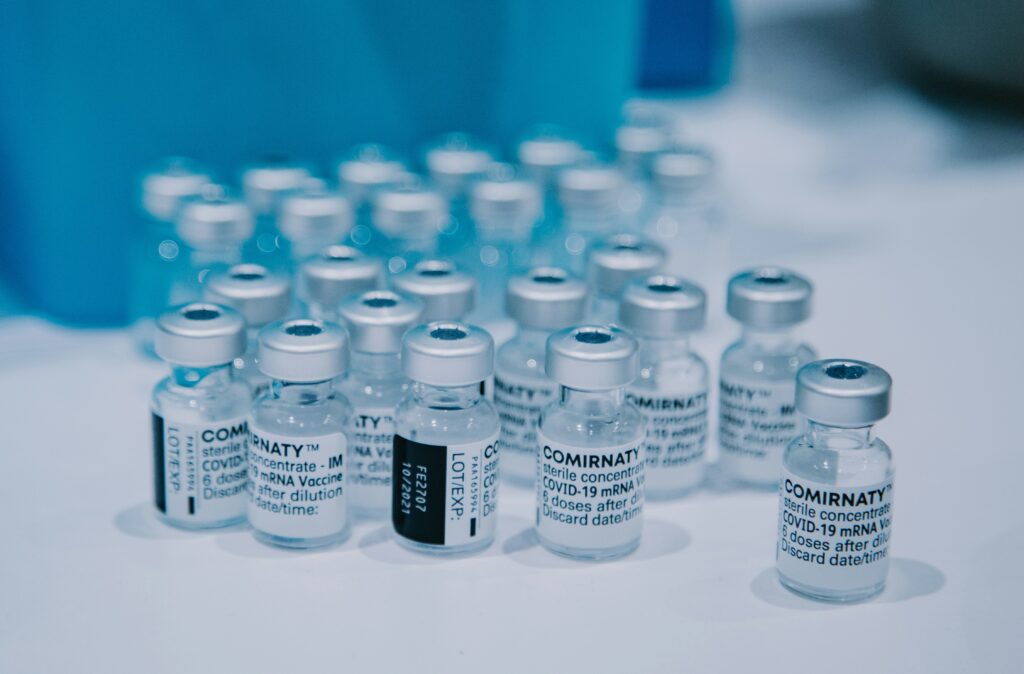September 4, 2025 — Washington, D.C.
Health and Human Services Secretary Robert F. Kennedy Jr. was subjected to rigorous questioning Thursday during a Senate Finance Committee hearing. Lawmakers examined his vaccine policies, recent leadership changes at the Centers for Disease Control and Prevention, and his history of controversial public health statements.
Strong Opening Criticism
The hearing began with forceful remarks. Committee Chair Ron Wyden (D-Ore.) criticized Kennedy’s persistent skepticism about vaccines, warning that such statements could jeopardize public trust. Senator Elizabeth Warren (D-Mass.) went further, calling for his resignation and describing his actions as a danger to public health.
Senator Bill Cassidy of Louisiana, a practicing physician, also voiced concerns. He accused Kennedy of limiting vaccine accessibility despite prior support for Operation Warp Speed and questioned how his current stance aligned with past positions, suggesting it could compromise the nation’s preparedness for health emergencies.
Controversy Over CDC Leadership
Attention then shifted to Kennedy’s recent decisions at the CDC. He removed Director Susan Monarez and oversaw the departure of other top officials, defending these moves as necessary to restore confidence in the agency. Kennedy claimed that years of mismanagement had eroded its credibility.
Democratic senators disagreed. Senator Raphael Warnock (D-Ga.) argued that the shake-up had destabilized the CDC at a time when consistent leadership was essential.
Ongoing Debate on Vaccine Safety
Kennedy reiterated concerns about vaccine safety, while acknowledging that immunizations had saved “many lives.” He also suggested a possible link between mRNA vaccines and sudden deaths among young people. Experts immediately rejected these claims, emphasizing that scientific evidence does not support them.
Bipartisan Reactions and Unresolved Questions
Democrats spoke with one voice in criticizing Kennedy’s approach, whereas Republican responses were mixed, with some offering critique but stopping short of demanding resignation. The hearing highlighted Kennedy’s uncertain standing within President Trump’s administration.
The session concluded without definitive resolutions but suggested that further oversight and investigation are likely. As senators left the chamber, a central question lingered: whether Kennedy can continue to lead the country’s health agencies amid growing scrutiny from Congress and the scientific community.


